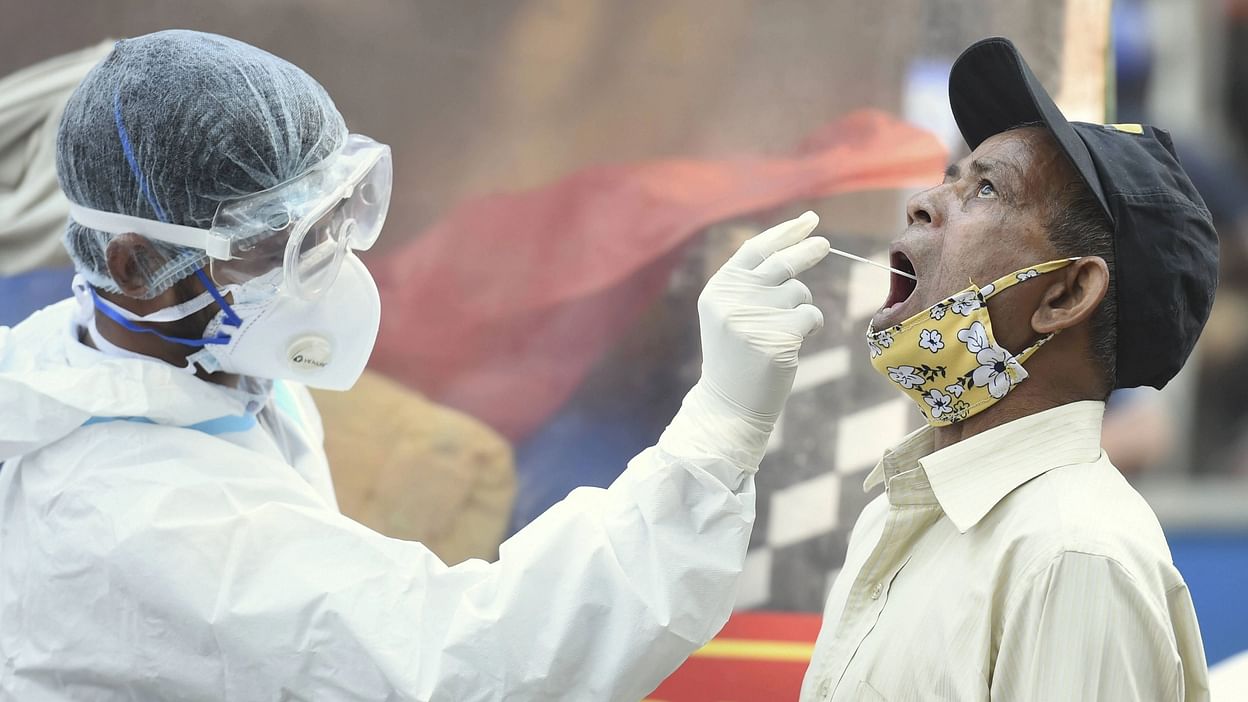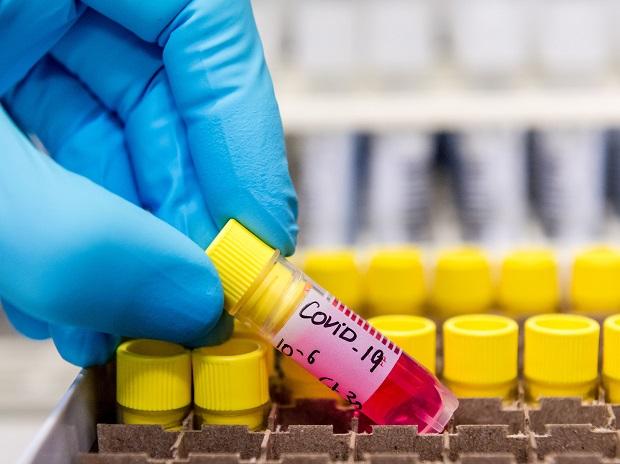These days one of the best ways to get appropriate results of Coronavirus is RT-PCR. But reports suggest that up to 20% symptomatic covid-19 patients are testing negative despite having symptoms. These false-negative results may deny serious patients hospital admission and critical care while letting asymptomatic ones move around and spread the virus. Wondering why you got a false negative? So here are some reasons why people are testing negative even when they have symptoms:
- Low viral load
If your body has a low viral load, then you might get a negative result. Typically, Covid-19 manifests adequately by the fifth day of an infection cycle. If you get tested before that, you might get a false negative.

- Incorrect sample collection
If your sample is not collected appropriately or the swab stick is inserted incorrectly, then this may also cause a false result.
- Viral mutation
An RTR-PCR test targets specific areas of one or more viral genes to detect its presence. A test may return false-negative results if a mutation occurs in the segment of the genome assessed.
- Early testing
Getting tested as and when contracting a Covid-19 patient might also show a negative result. Get tested after 4-5 days of contracting an infected person.

- Human errors
An RT-PCR test might go wrong at various stages, from bad sample collection and storage to faulty extraction and amplification. So it might be a result of human error as well.
For now, we would suggest you isolate yourself and watch your symptoms and treat them accordingly.


